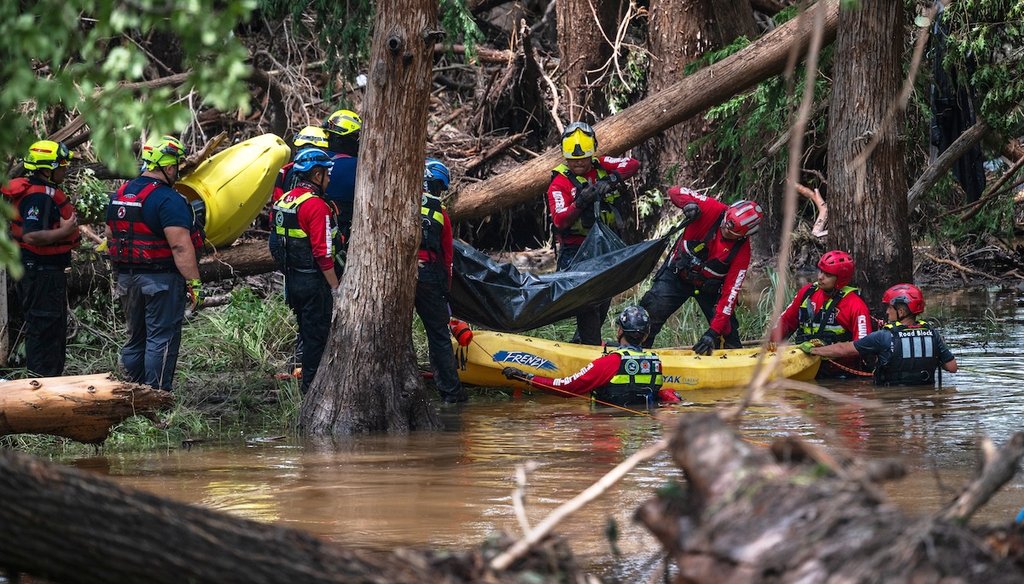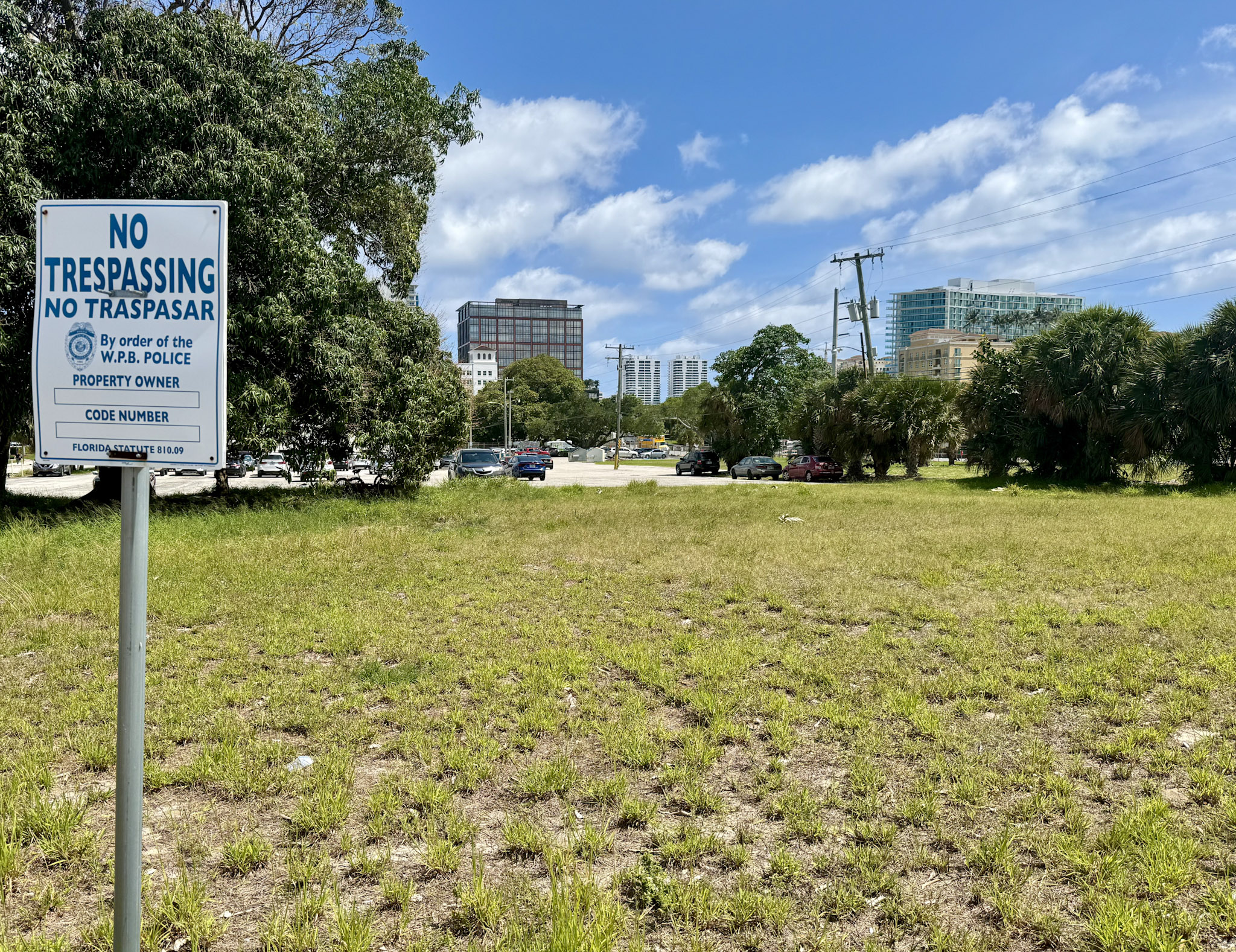Jersey Government Department Recognized for Excellence in Sustainable Planning
Award Achievements at RTPI South West Awards
The Infrastructure and Environment Department of Jersey has been honored with two prestigious awards at the Royal Town Planning Institute (RTPI) South West Awards for Planning Excellence. The department’s marine resources team secured the Best Plan award for their innovative work on Jersey’s Marine Spatial Plan.
Focus on Sustainable Development Goals (SDGs)
The Marine Spatial Plan emphasizes a vision aligned with multiple Sustainable Development Goals, aiming to create a thriving marine environment that delivers:
- Environmental benefits (SDG 14: Life Below Water)
- Economic benefits (SDG 8: Decent Work and Economic Growth)
- Cultural benefits (SDG 11: Sustainable Cities and Communities)
- Social benefits (SDG 10: Reduced Inequalities)
Recognition of Leadership and Planning Reform
Andrew Marx, head of development and land in regulation, received the Unsung Planning Hero award for his positive and proactive contributions to planning reform. RTPI judges highlighted that his efforts have led to significant improvements in the planning service, benefiting the entire island community.
- Andrew Marx expressed humility and gratitude upon receiving the award.
- He acknowledged the collective efforts of group director Kelly Whitehead, planners, technical support, and regulatory improvement officers.
- The team’s collaborative work has enhanced planning services for all islanders, supporting SDG 16 (Peace, Justice, and Strong Institutions).
Judges’ Comments and Collaborative Efforts
The RTPI judges described the Marine Spatial Plan submission as “very well-crafted” and deemed it a worthy winner. Francis Binney, head of marine resources, emphasized the collaborative nature of the project involving government, industry, and local stakeholders.
- The plan represents a strategic approach to managing Jersey’s territorial seas sustainably.
- It supports SDG 17 (Partnerships for the Goals) by fostering cooperation among diverse groups.
- The project exemplifies integrated marine spatial planning to ensure long-term environmental stewardship and community well-being.
Conclusion
The awards highlight Jersey’s commitment to sustainable development through innovative planning aligned with the United Nations Sustainable Development Goals. The Marine Spatial Plan and ongoing planning reforms demonstrate leadership in environmental management, economic growth, social inclusion, and institutional strengthening.
1. Which SDGs are addressed or connected to the issues highlighted in the article?
- SDG 14: Life Below Water – The article focuses on Jersey’s Marine Spatial Plan, which aims to manage and protect marine resources sustainably.
- SDG 11: Sustainable Cities and Communities – The awards recognize planning excellence and improvements in planning services that benefit island communities.
- SDG 8: Decent Work and Economic Growth – The Marine Spatial Plan aims to provide economic benefits alongside environmental and social benefits.
- SDG 17: Partnerships for the Goals – The article highlights collaboration between government, industry, and islanders in building the Marine Spatial Plan.
2. What specific targets under those SDGs can be identified based on the article’s content?
- SDG 14 Targets:
- Target 14.2: Sustainably manage and protect marine and coastal ecosystems to avoid significant adverse impacts.
- Target 14.5: Conserve at least 10% of coastal and marine areas.
- SDG 11 Targets:
- Target 11.3: Enhance inclusive and sustainable urbanization and capacity for participatory planning and management.
- SDG 8 Targets:
- Target 8.4: Improve resource efficiency in consumption and production.
- Target 8.9: Promote sustainable tourism that creates jobs and promotes local culture and products.
- SDG 17 Targets:
- Target 17.17: Encourage and promote effective public, public-private, and civil society partnerships.
3. Are there any indicators mentioned or implied in the article that can be used to measure progress towards the identified targets?
- Indicators for SDG 14:
- Proportion of marine areas protected under marine spatial planning (implied by the Marine Spatial Plan’s management of territorial seas).
- Health and biodiversity status of marine ecosystems (implied by the goal to create a thriving environment).
- Indicators for SDG 11:
- Number of planning reforms implemented and their impact on community benefits (implied by planning service improvements and awards).
- Level of stakeholder participation in planning processes (implied by collaboration with islanders and industry).
- Indicators for SDG 8:
- Economic benefits generated from sustainable marine resource management (implied by economic benefits mentioned).
- Employment created through planning and marine resource initiatives (implied by social benefits and planning service improvements).
- Indicators for SDG 17:
- Number and quality of partnerships between government, industry, and community groups (implied by the collaborative effort).
4. Table: SDGs, Targets and Indicators
| SDGs | Targets | Indicators |
|---|---|---|
| SDG 14: Life Below Water |
|
|
| SDG 11: Sustainable Cities and Communities |
|
|
| SDG 8: Decent Work and Economic Growth |
|
|
| SDG 17: Partnerships for the Goals |
|
|
Source: bbc.com







